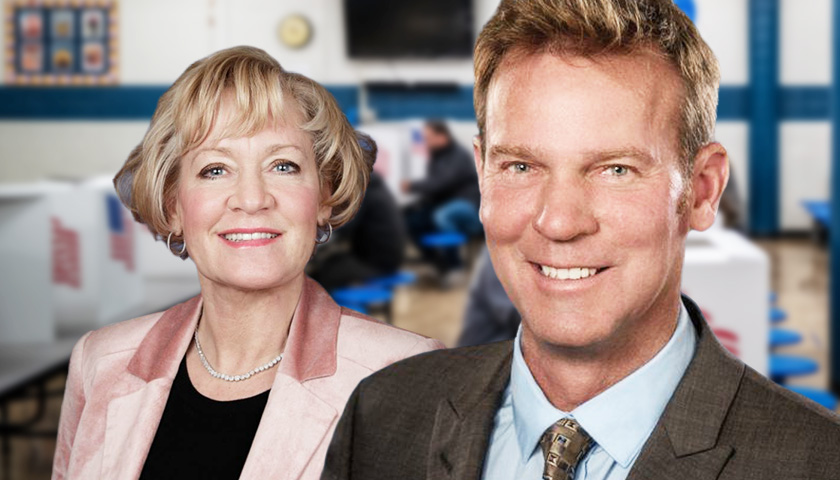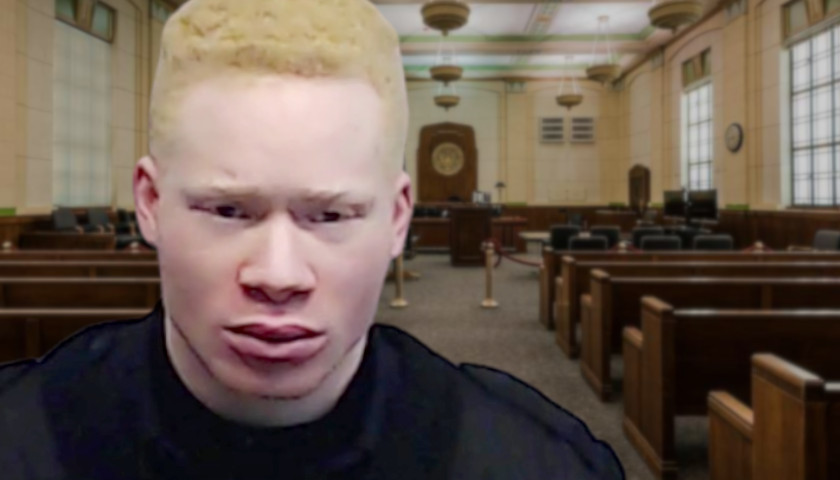Pennsylvania state senators are asking other lawmakers to support an upcoming bill to let nonpartisan voters participate in primaries.
State Senators Daniel LaughlinTwo (R-Erie) and Lisa Boscola (D-Bethlehem) proposed legislation permitting all state residents whose voter registrations reflect no party affiliation to cast a ballot in either the GOP or Democratic nomination contests. The senators cite 2021 data from the commonwealth indicating that 1,233,748 Pennsylvanians are registered to vote but choose to identify with neither of the two major parties. Since 2017, that number has increased by 51,816.
The sponsors noted that half of all American veterans are independents, implying that many Pennsylvanians who served in the Armed Forces lack the ability to make an impact in Keystone State primaries. They furthermore observed there are high numbers of independent voters who are young, Hispanic or Asian-American. Laughlin and Boscola said that nonpartisan Pennsylvania voters should not be excluded from elections that they pay taxes to fund.
“…Closed primaries constitute a form of taxation without representation, as all taxpayers pay for primary elections but not all are allowed to participate…,” the senators wrote in a memorandum asking colleagues to cosponsor their measure. “…Allowing more of our registered voters to have a voice in choosing their representatives is a vital step toward ensuring the strength of our democracy.”
According to the National Conference of State Legislatures, Pennsylvania is one of nine states with closed primaries. Partisan voters can only participate in their own party’s nomination contests, and independents can vote in neither primary. The other eight states include neighboring Delaware, Maryland, and New York, as well as Florida, Nevada, Oregon, Kentucky, and New Mexico.
Another six states operate under a “partially closed” system, allowing state parties to exclude the other party’s voters from their primaries while deciding on a year-to-year basis whether to permit independent voters to join in their nomination votes. Only 15 states allow any voter of any partisan affiliation to vote in their primaries.
Some political organizations, like Pennsylvania’s new Forward Party, strongly advocate opening candidate-nomination contests to other voters. The organization argues that closed primaries exacerbate partisan polarization by allowing the most stalwart partisans to determine nomination contests. It also further contends that those contests often matter more than general elections because gerrymandering has made many legislative elections uncompetitive.
Many political observers, however, prefer closed primaries, arguing that they ensure that those who identify with a political party get to determine who that party chooses as its candidate. Advocates of closed primaries also note that refusal to register with one party or another is voluntary, suggesting the commonwealth does not force any eligible voter to forgo voting in primaries.
For instance, Conservatives in Ohio expressed dissatisfaction about how they believe open primaries affected the gubernatorial nomination in their state earlier this year. (Ohio goes further than Laughlin and Boscola would, allowing partisan voters to participate in their opposing parties’ primaries.) Numbers from the GOP’s voter database show many voters who traditionally affiliated with the Democrats voted in Ohio’s Republican primary in May, likely aiding moderate Republican Governor Mike DeWine in securing the nod to run for the reelection he would win later this year.
– – –
Bradley Vasoli is managing editor of The Pennsylvania Daily Star. Follow Brad on Twitter at @BVasoli. Email tips to [email protected].
Photo “Dan Laughlin” by Dan Laughlin. Photo “Lisa Boscola” by Senator Lisa M. Boscola. Background Photo “Election Day 2022” by Phil Roeder. CC BY 2.0.









Primaries are a means by which PARTIES choose who they will nominate for office. If you are not willing to call yourself a member of a party, you shouldn’t have any say in who that party nominates.
The “taxation without representation argument is ABSURD in this context.